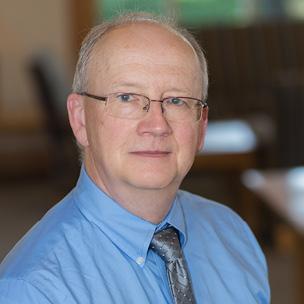New Hampshire Demographic Trends—What It Means for You

Join us for a conversation with Carsey Senior Demographer Kenneth Johnson, who will discuss recent demographic trends in New Hampshire using the latest data from the Census Bureau. In addition to sharing factors influencing these trends, he will explain why demographic variation within the state underscores the importance of developing policies that ensure New Hampshire communities have the plans, resources, and infrastructure to support their population.
Watch the Video
Access Related Briefs
Recent Demographic Change in NH and NE
- Modest Population Gains Widespread in New Hampshire Counties
- New England is Gaining Population Due to Immigration
- New Census Data Reveal Modest Population Growth in New Hampshire Over the Past Decade
- Modest Population Gains, but Growing Diversity in New Hampshire Children in the Vanguard
- Migration Sustains New Hampshire's Population Gain
Impact and Importance of Migrants and Retaining Population
- Domestic Migrants and Dollars Flowed to New Hampshire During the Pandemic
- Retaining Residents Is Important to New Hampshire's Future
- Why People Move to and Stay in New Hampshire
About the Speaker

Kenneth Johnson is the senior demographer at the Carsey School of Public Policy and a professor of sociology at the University of New Hampshire. He is a nationally recognized expert on U.S. demographic trends. His research examines national and regional population redistribution, rural and urban demographic change, the growing racial diversity of the U.S. population, the relationship between demographic and environmental change, and the implications of demographic change for public policy.
Dr. Johnson has published a book and more than 300 articles, reports, and papers. His peer-reviewed publications have appeared in leading academic journals. He is also sought after for his expertise and ability to explain demographic information to a broad audience, both by policy groups and by the media. His research has been funded by grants from the National Institutes of Health, National Science Foundation, U.S. Department of Agriculture, U.S. Forest Service, and the National Aeronautics and Space Administration. He received his doctorate in sociology and demography from the University of North Carolina, Chapel Hill, and his undergraduate training at the University of Michigan.